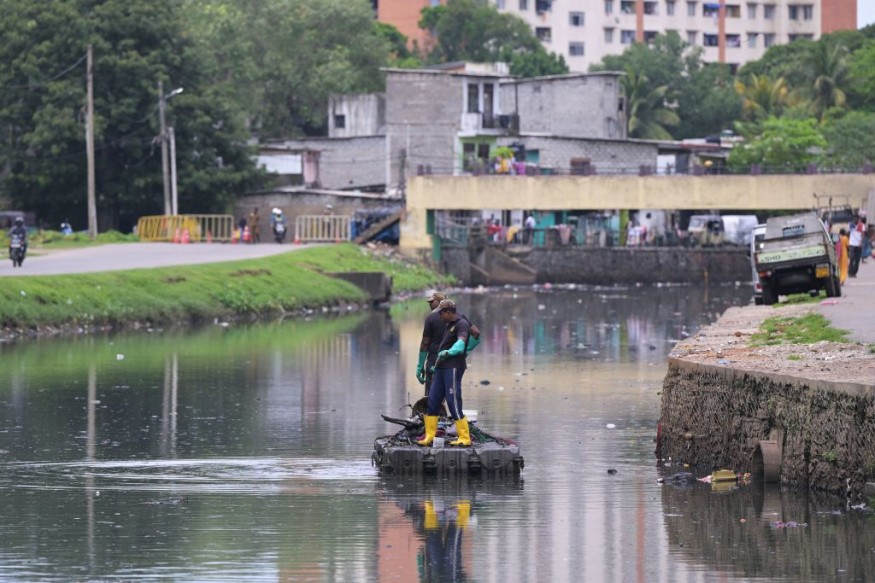Small aquatic animals, like worms, mussels and non-biting midge larvae can help improve wastewater and address the problem of excess sludge, according to a new study.
The small animals can also help reduce greenhouse gas emissions effects.
Researchers have been finding ways to improve wastewater treatment. Wastewater refers to used water from homes and businesses, including human waste, chemicals, and oils.
It is essential to improve or treat wastewater for the benefit of nature as cean water is vital to wildlife, fishers and humans, and that hazardous wastewater can pose a significant threat to animal health.
Small Aquatic Animals Can Improve Water

To look into possible ways to improve wastewater treatment, researcher Tom Van der Meer researched small aquatic creatures and invertebrates' benefits in purifying wastewater.
The researcher studied the small mussels, worms and non-biting midge in helping purify the wastewater and address the excess sludge.
The study is part of Van der Meer's Ph.D and Aquafarm project.
For instance, non-biting midge may be small but crucial in the environment. It helps aquatic habitats and is a source of nutrients for fish, birds and other aquatic animals.
Meanwhile, the larvae improve the marine environment.
In addition, the mussels are vital to marine life, filtering more than 10 gallons of water each day. It filters pollutants and microscopic particles that are harmful to aquatic animals and biodiversity.
Oysters and clams can also help in filtering.
Meanwhile, the study highlighted that excess sludge can still emerge even if there are wastewater treatment plants. With the tiny aquatic animals, they can address the issue of excess sludge.
According to the report, they observed how the small aquatic animals feed on excess sludge. They discovered that the non-biting midge larvae can quickly consume the excess sludge.
The remarkable results can improve in purifying wastewater, benefiting humans and wildlife. The successful purification of wastewater will reduce the impacts of pollutants or pollutants, including greenhouse gas emissions.
Also Read : Parts of New York City Can Suffer More From Local Flood Risks Due to Sea Level Rise, New Report Warns
The increasing problem of water pollution
Water contamination or pollution has been a pressing concern due to hazardous chemicals or materials affecting the world's oceans. The water problem has worsened due to plastic and microplastic pollution.
The increasing concerns of water pollution can harm the healthy drinking water in the US. Contaminated water can cause health issues, affecting the kidneys, skin, immune system and growth.
Waterborne diseases can also affect children due to untreated or harmful water. Recent reports noted the polluted waters in the US, including lakes, streams and rivers.
The wastewater from factories, agriculture and industries poses a significant concern in water pollution. The latest report shows 26 million Americans are at risk of poor and unhealthy water in the US.
For more similar stories, don't forget to follow Nature World News.
© 2026 NatureWorldNews.com All rights reserved. Do not reproduce without permission.





